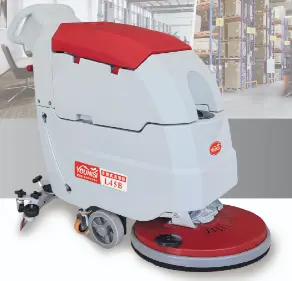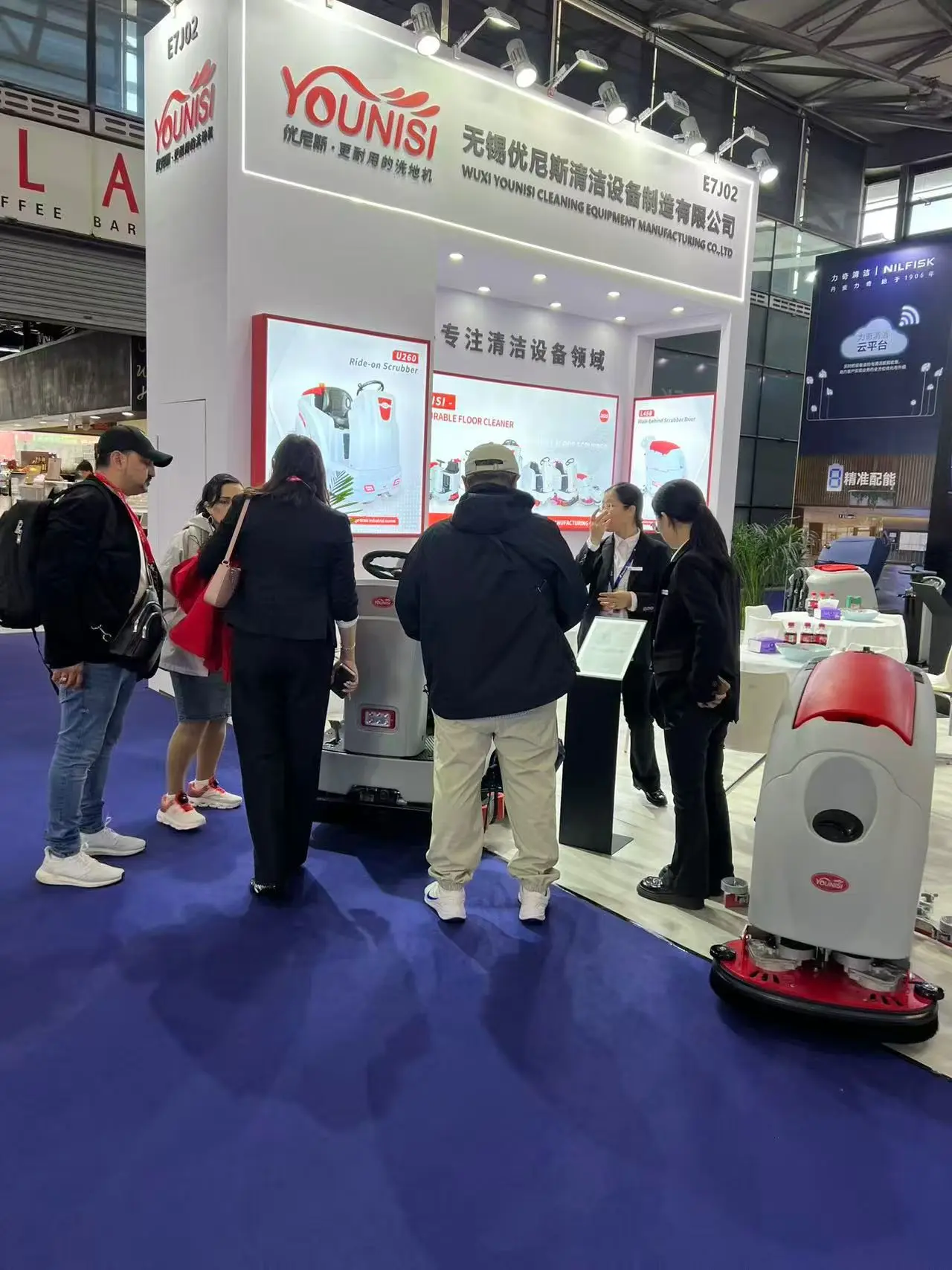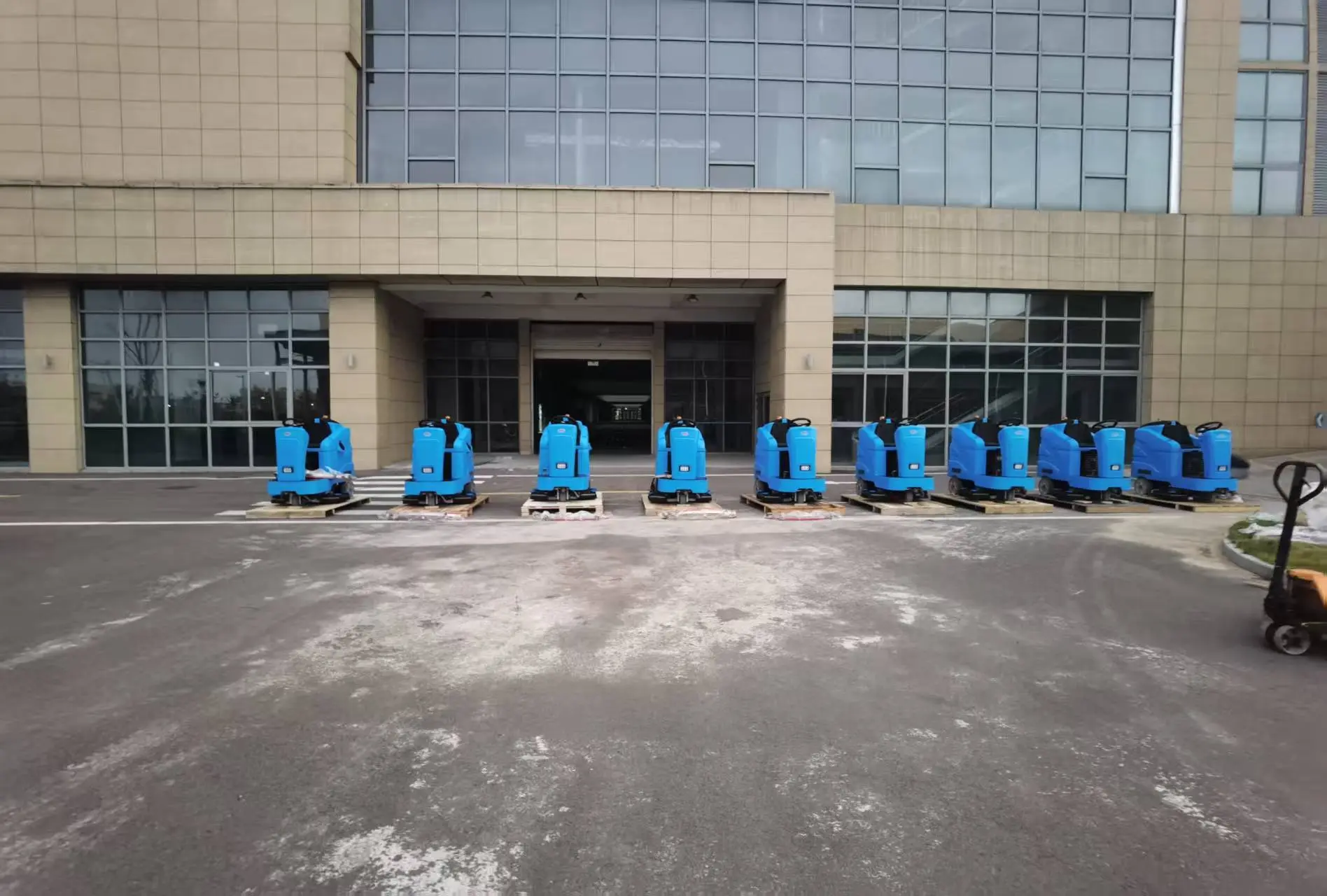Northern University of Technology MBA Corporate Visit | Wuxi Younisi Cleaning Equipment Manufacturing Co., Ltd.
During the visit, participants observed Younisi’s "small but refined" strategic wisdom in its R&D process. The company focuses on industrial hard-surface cleaning equipment, deliberately avoiding热门 (hot) sectors like household扫地机器人 (sweeping robots) to sidestep head-on competition with industry giants. By mastering core technologies such as casing design and mold development while outsourcing low-value-added processes, Younisi ensures product quality while optimizing resource allocation. Equally impressive is its construction of technical barriers: differentiated features like anti-collision designs and AI algorithm optimization not only enhance user experience but also form a competitive moat. This "knowing what to do and what not to do" focus offers valuable lessons for startups.
Another highlight of the visit was Younisi’s globalization strategy. To meet the high standards of (European and American) markets, the company optimized electronic control parameters and upgraded ergonomic designs, such as larger seats and anti-collision handles. In (Southeast Asian) markets, it emphasized cost-effectiveness and durability. This "one-country-one-policy" localization approach breaks the stereotype of "Made in China equals low-end." During the hands-on equipment (experience), the intuitive and simple operation interface stood out, reflecting a user-centric design philosophy tailored to elderly users’ habits.
The company’s diversified brand promotion strategy is equally noteworthy. Online, it leverages platforms like Douyin and WeChat Video Channels for (rotating ads) to boost brand exposure; offline, it relies on industry exhibitions and dealer networks to achieve "last-mile" outreach. A telling detail shared by the marketing lead—"WeChat Video Channels’ conversion rates outperform Douyin’s"—highlighted the company’s(precise understanding) of channel characteristics. Successful cases like Xinjiang’s Tianshan Airport and Wuhan’s commercial supermarkets demonstrated the feasibility of its "manufacturer-dealer collaboration" model. This "online-offline synergy and deep channel integration" strategy offers fresh insights for industrial brand building.
Younisi’s customer tiering system showcases the wisdom of (refined operations). The company categorizes clients into A, B, and C tiers, providing VIP services to the 20% of high-value clients (e.g., airports, large supermarkets) who contribute 80% of profits, while dynamically allocating resources to (high-potential) clients. This "focus on major clients without neglecting smaller ones" approach safeguards core profits while paving the way for future market expansion. In after-sales cost control, the company balances service efficiency and expenses by (anticipating) client needs and implementing tiered responses.
The sharing session on (co-founding) was thought-provoking. The founder candidly admitted that early partners exited due to regional differences and ideological(disagreements), eventually leading to a(share buyback) that formed a complementary "tech + sales" team. This journey revealed two key lessons: first, the (complementarity) of core team members matters more than initial passion; second, equity structures must allow room for dynamic adjustments. The current 75% equity concentration ensures decision-making efficiency while using the remaining shares for team incentives—a "control-and-share" model worth studying.
Regarding the trend toward (autonomous cleaning equipment), Younisi displayed sober judgment. While acknowledging current technological immaturity (e.g., stair avoidance, uneven cleaning), the company is proactively collaborating with AI algorithm firms to prepare. This "neither (blindly following trends) nor (stagnating)" attitude reflects strategic discipline. When addressing potential competition with giants like (Ecovacs), the founder’s insight—"industrial and household sectors are fundamentally different"—was illuminating: inherent barriers like channel attributes and service models naturally differentiate the two.
The company’s vision of becoming a "German-style hidden champion" was refreshing. Rejecting reckless expansion, Younisi aims for excellence in niche markets while balancing work and life—a "small but beautiful" philosophy that stands out in an era obsessed with scale. Notably, after setbacks in university-led R&D collaborations, the company pivoted to deeper industry partnerships, validating the importance of (market-driven innovation).
Younisi’s practices offer MBA students three key takeaways: First, innovation in traditional industries doesn’t always require disruptive tech—micro-innovations addressing user pain points can also create value. Second, globalization isn’t merely about exporting products but adapting design, service, and branding across the entire chain. Third, SMEs should embrace (subtractive thinking), focusing on core competencies to build (differentiated strengths).
As the visit concluded, the founder’s emphasis on an "enjoy life" corporate culture resonated deeply. In an age of capital frenzy, Younisi’s commitment to balancing technological (deep cultivation) with humane management may well be its secret to weathering cycles. Over fifteen years, this company has proven that upgrading manufacturing requires both the courage to innovate and the (craftsman’s spirit) of staying grounded.
Reprinted from the MBA Education Center of Northern University of Technology.



